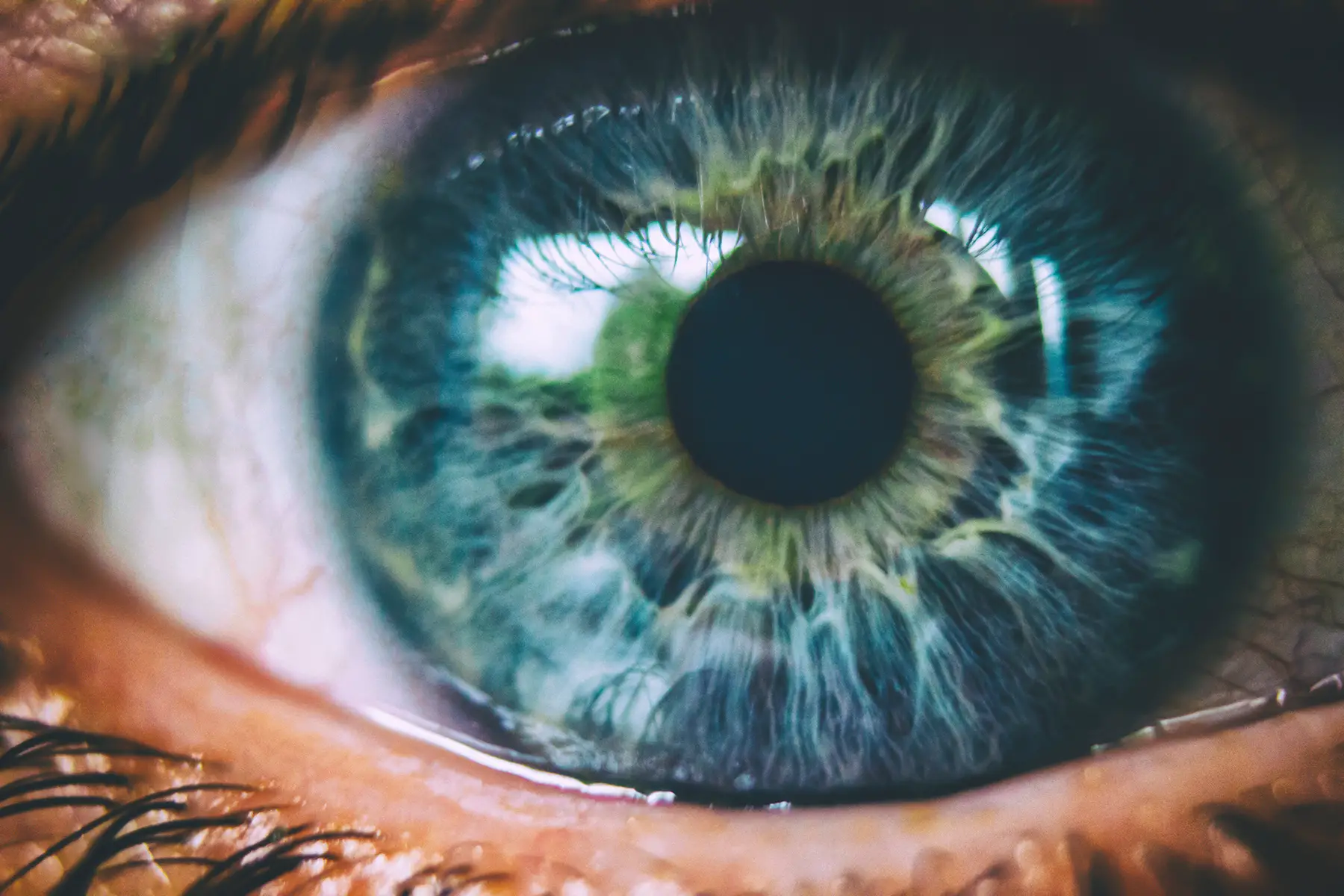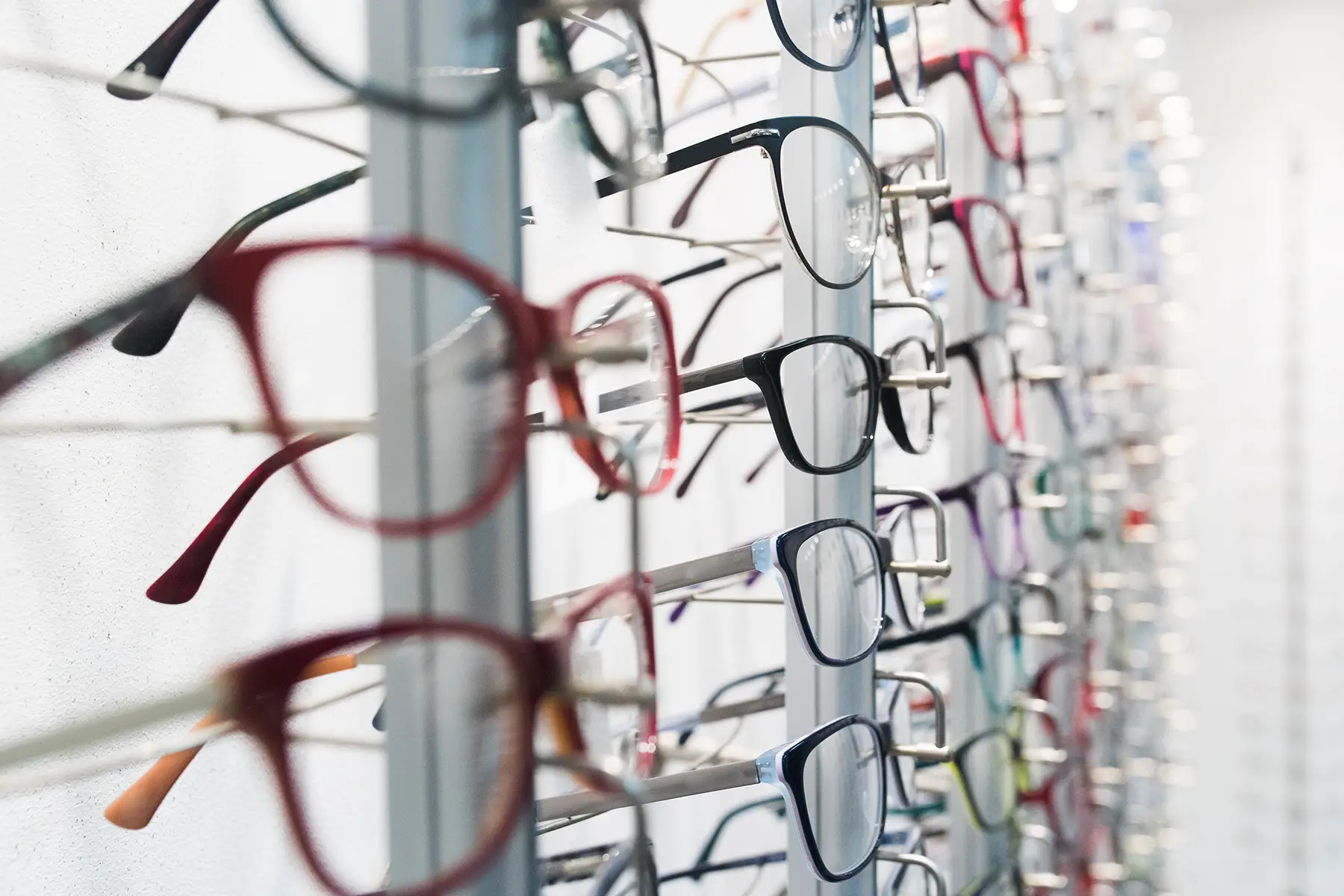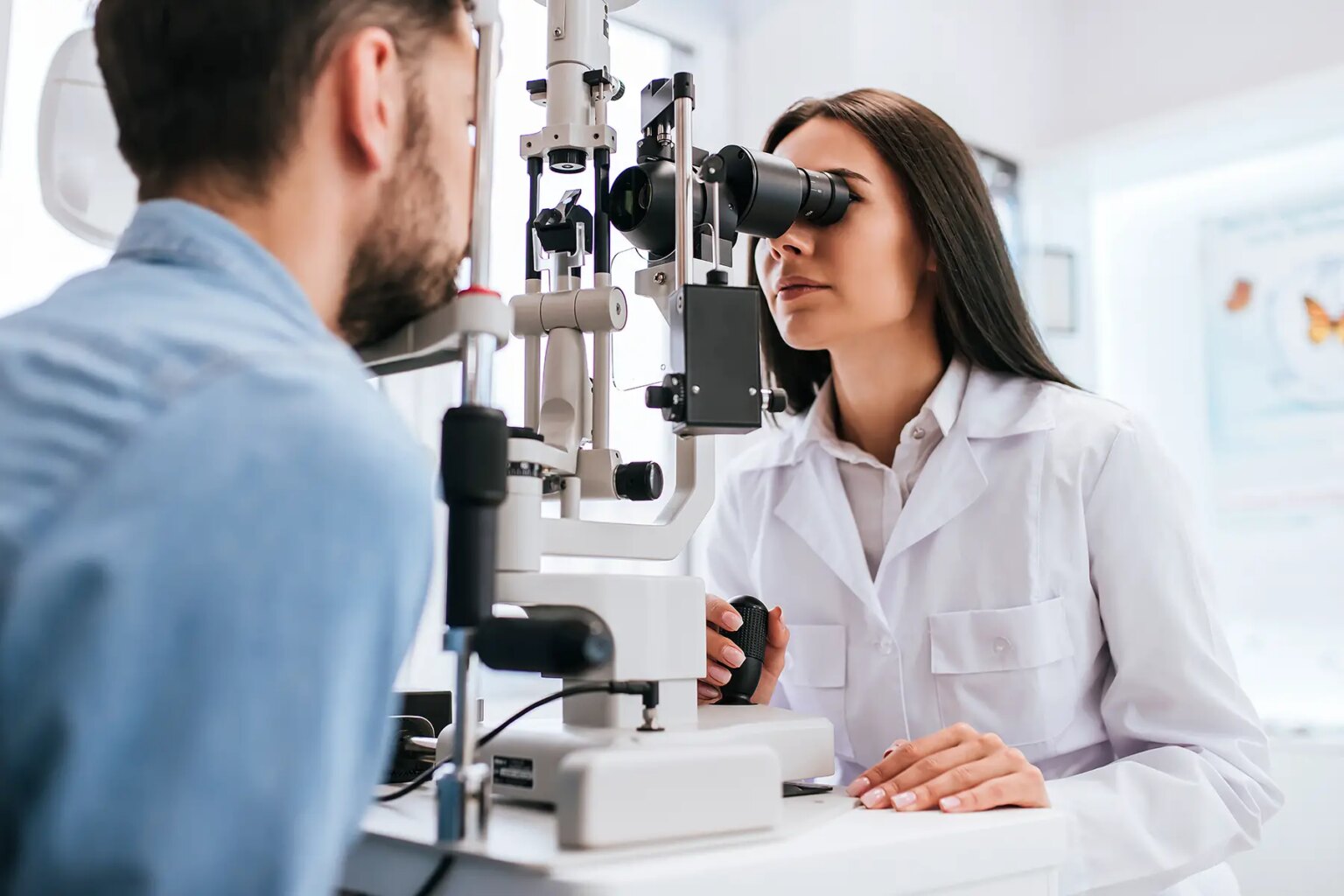If you suddenly find yourself needing an eye doctor, you’re in good hands — vision care in Belgium is high-quality, just like the rest of the Belgian healthcare system.
To give you an idea of what to expect, here’s our guide to eye care in Belgium, including finding the right specialist and whether your insurance covers it.
Allianz Care
Allianz Care is a world leader in providing international health insurance. Their various premiums provide professionally designed solutions for a variety of expat lifestyles. So, wherever your life takes you, make sure you have the right health protection for you and your family with Allianz Care.
When to visit an eye doctor in Belgium
Most people start their search for eye care in Belgium only when they have vision problems. Even if you have no issues, experts recommend an eye check every three to four years, especially after 40; children should have their first eye test before the age of five. A family physician or an optician can refer a patient to an eye doctor if they feel further care is necessary.
Ophthalmologists vs. optometrists in Belgium
Ophthalmologists (Dutch: oogarts, French: ophtalmologue) in Belgium are medical doctors who specialize in the branch of medicine that deals with the anatomy, physiology, and diseases of the eyeball and its orbit. Generally, ophthalmologists are most commonly seen for serious eye issues, and your family physician will refer you to one in case of a medical problem.

Optometrists, on the other hand, do not have a medical degree; instead, they have followed a four-year course in optometry. Optometrists treat various eye conditions such as myopia, farsightedness, and astigmatism. They offer vision therapy and can prescribe several visual aids including glasses and contacts. They do not perform surgeries, unlike ophthalmologists. In Belgium, some opticians are also optometrists and can thus perform vision tests and prescribe contacts and glasses on site.
Optometrists will send you to the ophthalmologist if they cannot correct a problem with visual aids alone. Optometry isn’t recognized in Belgium as it is in other countries, which means that neither your insurance nor RIZIV (National Institute for Health and Disability Insurance) will reimburse you for your visit.
For more information on health coverage, read our guide to health insurance in Belgium.
Where to find an ophthalmologist in Belgium
There are several ways to find vision care with an ophthalmologist in Belgium. Your family physician, or GP, can refer you to the right eye specialist. Alternatively, if you see an optician/optometrist to test your eyesight and they decide that you need more comprehensive testing, they can refer you to an eye specialist. Sometimes, your friends or family can recommend someone they were happy with.
Another method is to search online: sites such as belgoptic.be or allow you to enter your postcode to help you find the ophthalmologist or optometrist closest to you. Certain websites for Belgian health insurance providers also offer the ability for users to search for eye doctors; many of them, however, are only available in Dutch or French.
Does Belgian health insurance cover ophthalmology/optometry?
A visit to the ophthalmologist and other vision care services are covered by all health insurance providers in Belgium. Make sure your doctor has signed a contract with your insurance company – this means that he has a rate set by the health insurance – since the rate would be higher if they didn’t. You can find a list of these eye specialists on your health insurance company’s website. Make sure to look for geconventioneerde oogartsen, which identifies the doctors who have signed the agreements.
Since optometry is not a recognized profession in Belgium, you will not be reimbursed for your visit. It is one reason most people choose to go to the ophthalmologist in the first place.
Your health insurance may partially reimburse you for your glasses and/or lenses. It depends on several factors, including age, the severity of the condition, and the kind of lenses. Usually, the more expensive the lenses, the more you get reimbursed.
If your primary care physician refers you to a specialist, the health insurance company will refund a larger amount. You do need to have a Global Medical Record (Dutch: globaal medisch dossier, French: Dossier Médical Global) an electronic file of all your medical data which your physician can easily open for you. A Global Medical Record is easily shared with all your practitioners and contains all kinds of information, including your vaccinations, use of medicines, allergies, and so on.

RIZIV also covers treatments or procedures in certain cases. Your local optician will usually inform you which treatments are covered.
Insurance for vision care in Belgium
Some expat-friendly international health insurance companies providing coverage for eye care in Belgium include:
With each health insurance provider, you have the option to purchase additional insurance, which can provide extra coverage for eyeglasses.
Children’s eye care in Belgium
Children up to 18 years old always receive reimbursements for lenses. The amount covered by insurance depends on the strength and the kind of lenses as well as how much time has passed since your child got their previous glasses. Some insurances also cover the frames.
Where to get glasses and contact lenses in Belgium
You can buy your glasses and/or contact lenses at your local optician’s or online, and you do not need a prescription. However, you will only reimbursements if you buy your glasses with a prescription from the ophthalmologist. Make sure to look for an ophthalmologist who has an agreement with your health insurance company; otherwise, your refund will be much less.
What to do in an eye emergency
True eye emergencies are very rare. If they do happen — chemical exposure, burns or cuts — your best bet is to go straight to the emergency room. You will most likely have to see an ophthalmologist for follow-up care. However, you can always call your eye doctor — they may keep slots open for emergencies.




